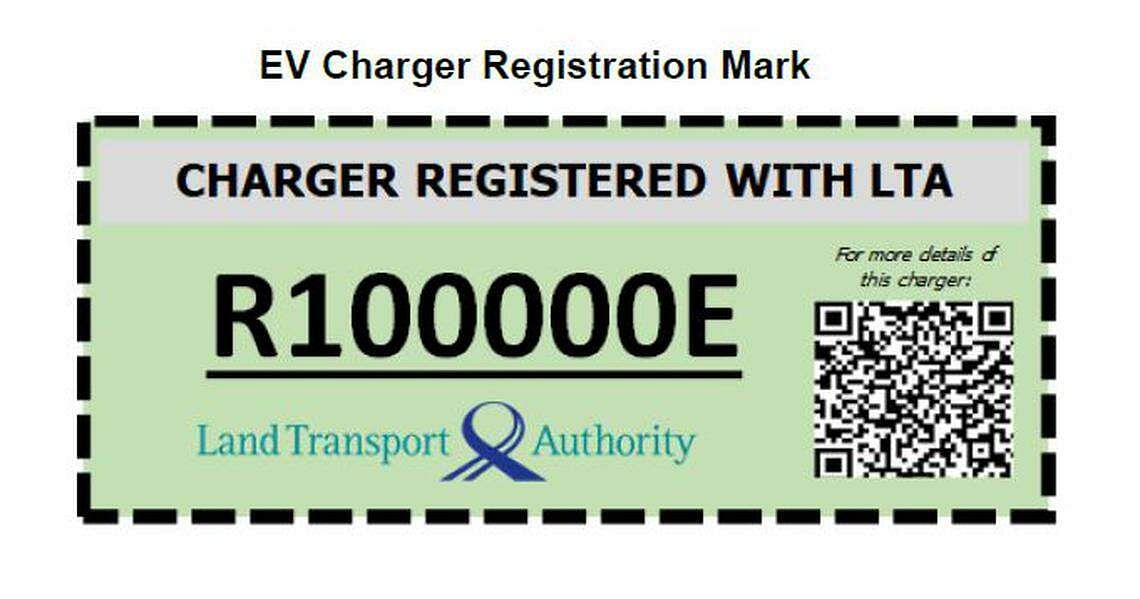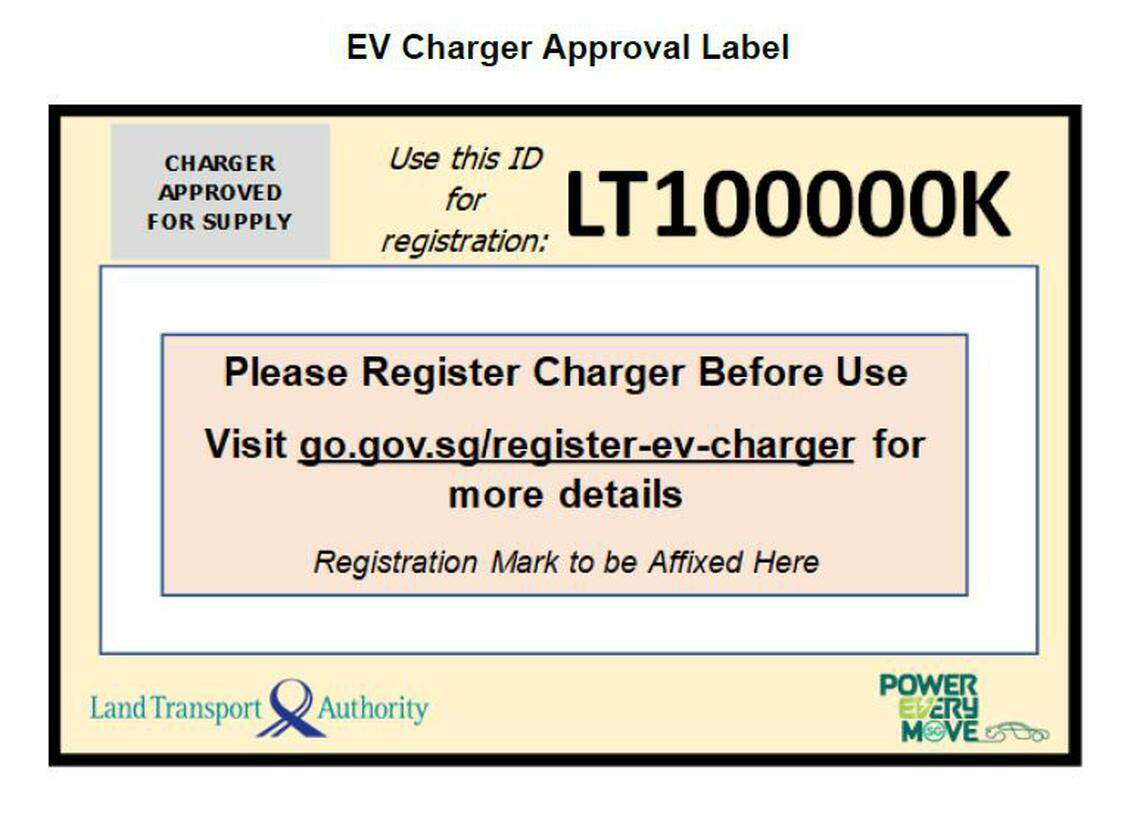SINGAPORE - The Electric Vehicle Charging Act, which regulates the safe charging of electric vehicles (EVs) and seeks to expand Singapore’s accessible charging network, comes into effect on Dec 8. Owners and suppliers of EV chargers will have until June 7, 2024, to become compliant, while operators have a year to become licensed. Here is how the transition will take place.
EV charger owners
Existing EV chargers have to be registered with the Land Transport Authority (LTA) on the OneMotoring website by June 7, 2024. This applies to chargers owned by commercial operators as well as private owners. The registration is free.
After the transition period, it will be illegal to use an unregistered charger. First-time offenders may be liable for a fine of up to $10,000 or be jailed for six months, or both.
New chargers bought and installed from Dec 8 must be registered before they can be used. This entails a one-time registration fee, which depends on the charger’s power rating and where it is installed – such as in a mall or in a landed property like a bungalow.
Until Dec 31, 2025, the fee is between $150 and $750 after subsidies.
Only chargers that are compliant with the prevailing safety standards and have previously received a Letter of No Objection from LTA can be registered.
Successfully registered chargers will receive a sticker from LTA, which has to be fixed on the approved charger.

EV charger suppliers
EV charger models have to meet the national EV charging standard called the Technical Reference 25 and carry an LTA approval label before they can be sold, installed or used to charge a vehicle.
Suppliers have until June 7, 2024 to apply for approval on the LTA’s OneMotoring website.

In the interim, chargers that already comply with safety standards can still be sold without the approval label. Owners who buy and install these chargers after Dec 8, 2023, must register them before they can be used.
After the transition period that ends on June 7, 2024, supplying non-approved chargers can land an offender in jail for up to 24 months or a fine of up to $40,000, or both.
EV charging operators
Companies that provide charging services have to be licensed by Dec 7, 2024.
Home owners who have a charger for their EV, and fleet owners who operate chargers to service fleet vehicles, do not require a licence.
Complying with the requirements of the licence, which will be valid for three years, will include the use of operating standards that would enable another company to take over the service easily.
This is to ensure that the overall charging network in Singapore is not compromised should a licensed operator shut down.


